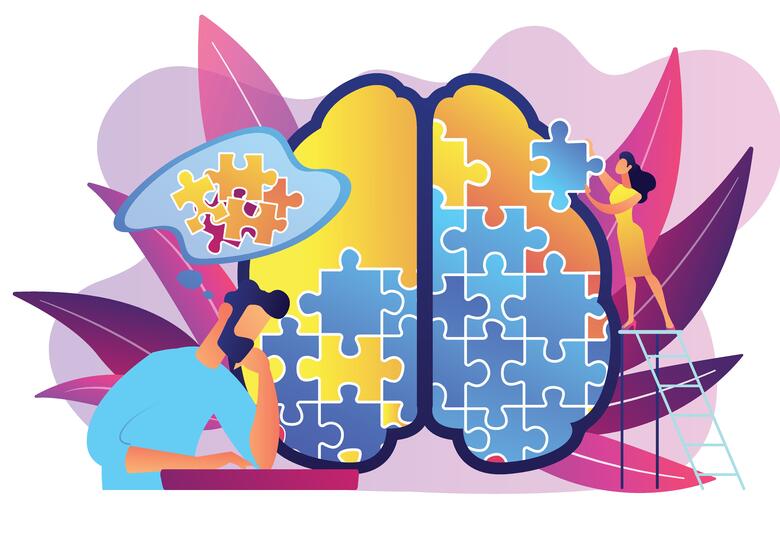Functional outcomes as a marker of treatment success
Depression can have a significant impact on patients’ daily lives, whether before, during, or after treatment. In one analysis from the STAR*D trial, quality of life (QoL) was assessed using the QoL Enjoyment and Satisfaction Questionnaire (Q-LES-Q):1
- Before treatment, just 3% of patients with depression experienced a QoL that was deemed ‘normal’
- Up to 60% of patients thought to be in remission following treatment continued to experience a reduced QoL
The impact of antidepressant therapy on a patient’s quality of life is an important consideration when determining treatment success.2

The patient’s perspective
Many patients place functional improvements as a greater priority of treatment than improved emotional stability – one study has shown that almost half of patients with depression who have been declared as in remission do not consider themselves to be in remission.3 Patients sometimes express different treatment goals to their treating physicians, often placing emphasis on some of the following:4
- Increasing number of social relationships
- Improving familial relationships
- Finding a partner
- Improving physical health
- Finding a job
- Improving intellectual/creative ability
- Organising their home life
Optimising functional outcomes
Considering the functional impact of a patient’s condition from diagnosis can help to improve patient outcomes. Working with each patient to attain and understand their views on the goals of their antidepressant therapy can provide markers of progression and treatment success which should be monitored at each follow-up appointment.5 It can also provide a source of motivation for individuals with depression, encouraging them to comply with their treatment as prescribed in pursuit of improvements in aspects of daily life that are important to them.5




